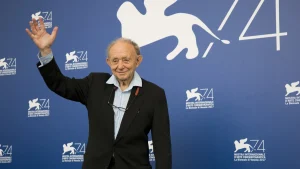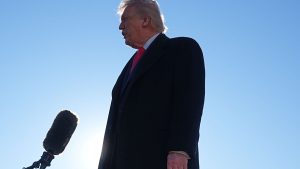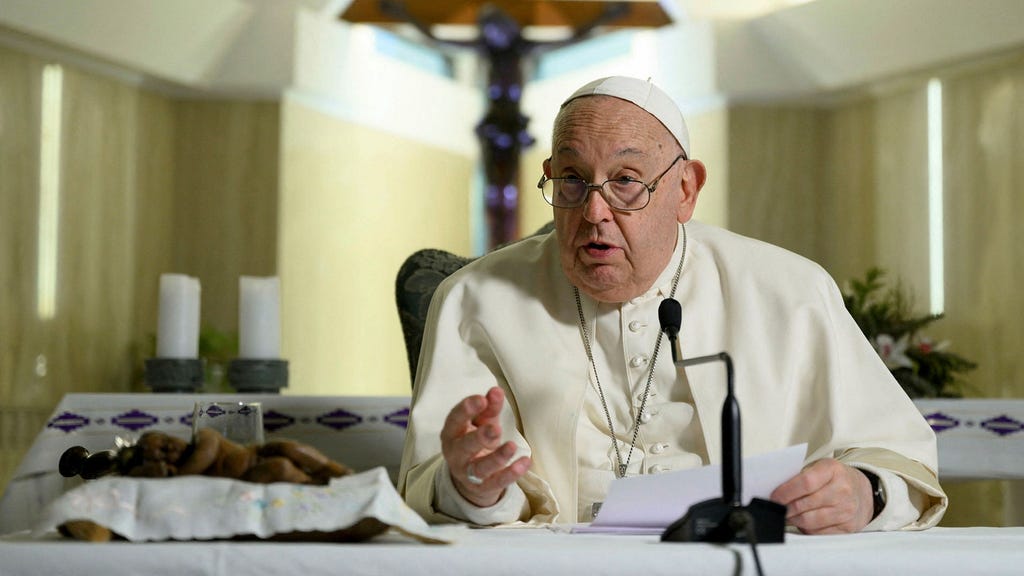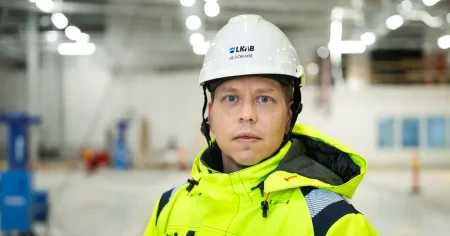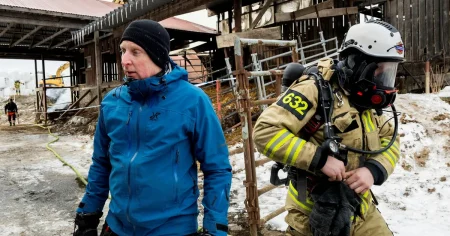This case revolves around a priest operating within the Catholic Church in West Sweden, whose background includes employment within the educational sector. The crux of the matter lies in accusations of emotional, spiritual, and psychological manipulation levied against him by an adult individual, who alleges that this manipulative behavior commenced during their minority. While the accusations do not involve sexual misconduct, their gravity prompted the Church to take significant actions.
In 2021, the Church imposed restrictions on the priest, prohibiting him from engaging in any activities involving children or youth. This measure was a direct response to the allegations of manipulation. However, the situation escalated in November of the current year, leading to the priest’s suspension by Cardinal Anders Arborelius, the Swedish Catholic Bishop. This suspension was triggered by the priest’s alleged non-compliance with the guidelines established by the Church following the initial accusations. Björn Håkonsson, the Child Protection Officer within the Catholic Church, emphasized that the priest’s failure to adhere to these guidelines was the decisive factor that resulted in his suspension.
The priest vehemently denies the allegations of manipulation, perceiving his suspension as an unlawful termination of employment. Consequently, he has initiated legal proceedings against the Church in the Stockholm District Court, seeking to invalidate the suspension. Simultaneously, he has lodged an appeal against the suspension with a Vatican entity directly reporting to the Pope. This dual approach reflects the priest’s determination to challenge the Church’s actions both within the Swedish legal system and through the internal hierarchical structures of the Catholic Church.
The case highlights the complex interplay between safeguarding individuals, particularly minors, and ensuring due process for those accused of wrongdoing. The Church’s initial response, restricting the priest’s contact with children and youth, demonstrates its commitment to protecting vulnerable individuals while the subsequent suspension, based on alleged non-compliance, underscores its commitment to enforcing its internal regulations. The priest’s legal action and appeal to the Vatican highlight the tension between upholding institutional authority and respecting individual rights, especially the right to a fair hearing.
From the Church’s perspective, the suspension is justified on grounds of protecting potential victims and maintaining the integrity of its internal processes. The priest’s alleged disregard for the established guidelines, intended to mitigate risk and ensure accountability, could be interpreted as a breach of trust, warranting further action. The Church’s primary concern, articulated through the Child Protection Officer, seems to be adherence to the established protocols designed to prevent harm, regardless of the ultimate determination of guilt or innocence regarding the original allegations.
Conversely, the priest’s perspective centers on the perceived injustice of the suspension, which he views as an act of dismissal without adequate justification. His legal challenge in the secular court system seeks to assert his employment rights, while his appeal to the Vatican represents an attempt to navigate the Church’s internal mechanisms for redress. By pursuing both avenues, the priest aims to challenge the Church’s authority both externally and internally, arguing that the suspension is unwarranted and constitutes an infringement of his rights. The case thus becomes a microcosm of the broader challenges facing institutions grappling with allegations of misconduct, balancing the need to protect vulnerable individuals with the principles of due process and fairness for the accused.


